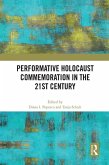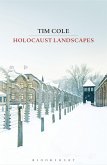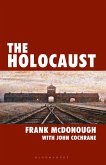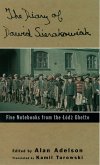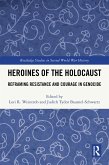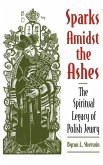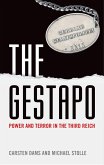Scholars, survivors, and other interested parties have offered, over the years, their own interpretations of the meaning of the Holocaust and the lessons we can learn from it. However, the quest to find a rational explanation for this seemingly irrational course of events has led to both controversy and continued efforts at assigning meaning to this most horrible of events. Examining oral histories provided by survivors, written accounts and explanations, scholarly analysis, and commonly held assumptions, Bolkosky challenges the usual collection of platitudes about the lessons or the meanings we can derive from the Holocaust. Indeed, he argues against the kind of reductionism that such a quest for meaning has led to, and he analyzes the nature of the perpetrators in order to support his position on the inconclusivity of the study of the Holocaust.
Dealing with the perpetrators of the Holocaust as manifestations of twentieth century civilized trends foreseen by the likes of Kafka, Ortega y Gassett, Arthur Koestler and Max Weber, Bolkosky suggests a new nature of evil and criminality along the lines developed by Hannah Arendt, Raul Hilberg, and Richard Rosenstein. Woven into the fabric of the text are insights from literary and historical writers, sociologists, and philosophers. This interdisciplinary attempt to shed new light on efforts to determine the meanings and lessons of the Holocaust provides readers with a challenging approach to considering the oral histories of survivors and the popular and professional assumptions surrounding this devastating moment in history.
Dealing with the perpetrators of the Holocaust as manifestations of twentieth century civilized trends foreseen by the likes of Kafka, Ortega y Gassett, Arthur Koestler and Max Weber, Bolkosky suggests a new nature of evil and criminality along the lines developed by Hannah Arendt, Raul Hilberg, and Richard Rosenstein. Woven into the fabric of the text are insights from literary and historical writers, sociologists, and philosophers. This interdisciplinary attempt to shed new light on efforts to determine the meanings and lessons of the Holocaust provides readers with a challenging approach to considering the oral histories of survivors and the popular and professional assumptions surrounding this devastating moment in history.



